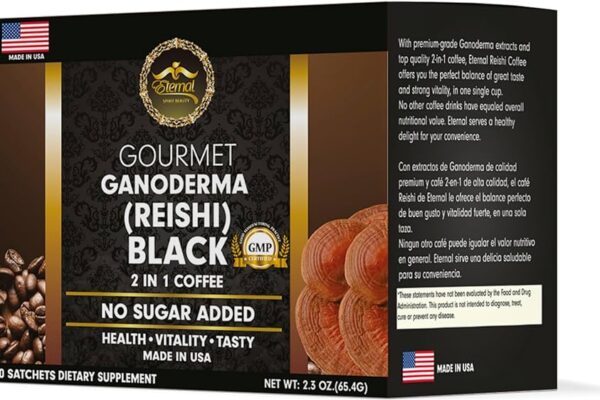Blog
Does Organic Decaf Coffee Have Chemicals?
An enjoyable cup of joe is an integral part of starting each day off right, providing both pleasure and an opportunity to reflect upon how we consume coffee. Not only will your taste buds enjoy it; your senses can take in its aroma and take notice of flavor profiles while simultaneously considering what science lies behind each sip.
No matter whether you’re an avid coffee enthusiast or trying to cut back on caffeine intake, selecting the appropriate beans and understanding which decaffeination process best meets your needs is key to creating a palatable and nutritional beverage. While there are various decaf options on the market, not all decaf coffees contain chemicals – the question then becomes – does organic decaf contain chemicals?
No, although the type of chemicals used to decaffeinate your beans can have an effect on their overall flavor. Traditional decaf methods typically involve extracting caffeine using chemical solvents, leaving behind residues or subtle undertones in your cup’s final flavor profile. Organically grown and decaffeinated beans utilize natural methods like the Swiss Water Process instead; the end result being an unadulterated cup without chemical undertones common among regular decaf coffee.
Methylene chloride (commonly referred to as dichloromethane) is one of the primary chemical solvents used in decaffeination processes. Unfortunately, its effectiveness at eliminating caffeine has also been linked to respiratory ailments and cancer; furthermore it’s dangerous to handle and its production/disposal practices aren’t friendly for the environment – environmental health advocates are campaigning hard against its usage here; yet some brands of decaf coffee that bear organic labels still allow it!
For high quality decaf, most coffee brands must rely on chemical solvents to extract caffeine from beans. Ethyl acetate and methylene chloride have long been popular choices due to their efficient caffeine extraction rates and ability to retain strong coffee flavor without diluting its strength; however, these materials have also been linked with cancer, liver damage, and lung issues in those working directly with them.
Some decaf brands have turned to the Swiss Water Process for a safer decaf alternative, which involves soaking beans in water to extract caffeine before filtering and purifying to ensure there are no residual levels of methylene chloride remaining in their product. As a result, this decaf not only meets standards for organic certification, but it’s also chemical free; making it a smart choice for those who are conscious of their caffeine consumption.
To identify organic decaf made with Swiss Water Process, look for products with seals that read “solvent-free” or “organic.” Additionally, reach out to your favorite brands and let them know you expect them to use safer decaffeination processes; when shopping online you could ask for a list of their decaffeination techniques.





